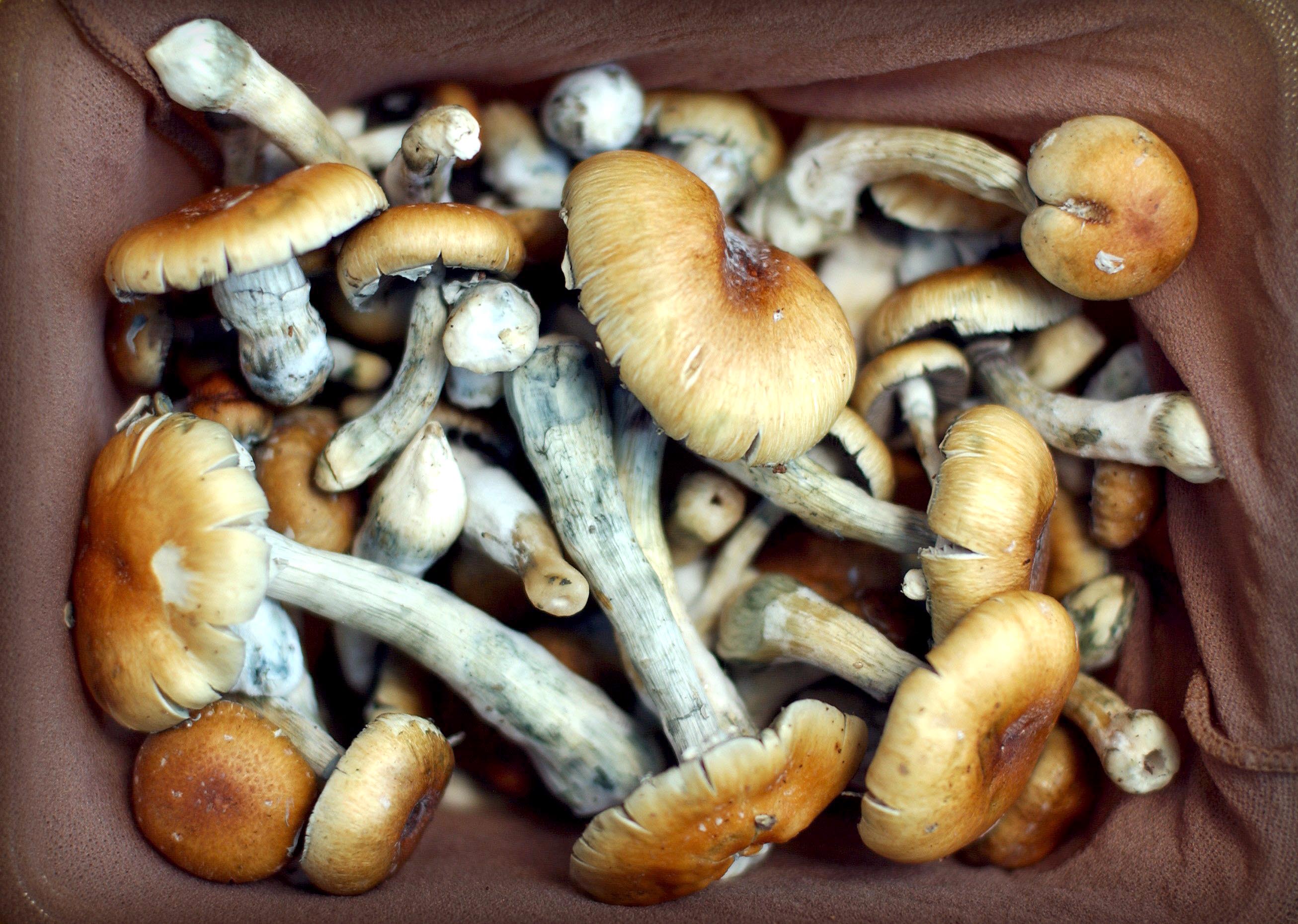Everyone Is Really Confused About What Decriminalizing Shrooms Actually Means

Credit to Author: Alex Norcia| Date: Mon, 13 May 2019 12:36:23 +0000
On Thursday, Dan Bilzerian, the notorious internet personality and weed entrepreneur known for an exorbitant lifestyle made possible in part by his dad’s dirty money, tweeted: “Denver legalized mushrooms, what a great thing.” That might, in fact, have been a great thing, but it’s not what happened.
Initiative 301, which inched across the finish line to a victory that initially appeared out of reach when polls closed last Tuesday, seeks to make possession of magic mushrooms for personal use by those 21 and older the lowest law enforcement priority in the city, and to prohibit spending on related penalties. But that is not the same thing as legalization—despite the historic vote, psychedelic drugs are a long way from being legal, in Denver or anywhere else. Indeed, in the wake of the result—and some news outlets erroneously describing this as a fight for legalization—even advocates weren’t totally sure of what they had actually done.
The most certain outcome is that the vote will help remove, or at least defang, the threat from law enforcement for the individual consumer. So once it takes effect, locals can probably possess and get high on moderate amounts of shrooms without facing much risk in the way of punishment. But where they would buy the substance is a problem that hasn’t been resolved, nor is it likely to get resolved anytime soon.
“This isn’t setting up a regulatory framework to sell psilocybin,” said Chris Olson, a field organizer with what was known as the Denver Psilocybin Initiative. “That was a big challenge for us: differentiating between legalization and decriminalization. Because, to most people, that doesn’t really mean anything.”
The win also maybe, possibly, clears the way for people to grow shrooms without concern for legal repercussions, but only for their own personal use (and possibly private sharing with friends). “One of the more innovative aspects of this [initiative] is at the point where the supply equals the demand. [When] the consumer is also the producer—that form of production here is also decriminalized,” said Noah Potter, a lawyer who helped craft the ballot measure’s language.
But if that’s true, it’s unclear just how much you could grow without attracting the attention of police. “We left it initially vague on purpose,” the campaign manager, Kevin Matthews, said. “We didn’t include limits, specifically on cultivation, because it’s extremely difficult to measure that from a law enforcement perspective.”
How all this might practically change day-to-day life for those who want to use shrooms recreationally is not clear. “I know that the city’s attorney’s office is reviewing it now,” Matthews said on Friday. “I’ll be making initial contact with them today, and probably have a meeting next week. I know they have some question about what personal use looks like—they may draft a little addendum to be added to it.”
Denver cops were playing wait and see when it came to their own next move. “The Denver Police Department is working closely with the Denver City Attorney’s Office for assistance with the interpretation of the new law,” they wrote in a statement. “Their feedback will help determine what training will be needed for our officers moving forward.”
So what comes next? Well, a review panel still has to be set up to keep tabs on implementation, and similar initiatives in both Oregon and California are sure to look to Denver as a model moving forward. People might be eager to liken this moment to the early days of weed decriminalization, but experts warned that that doesn’t make for the best of comparisons. That’s partly because of the distinct nature of the drugs and their enforcement history, and also because nobody is loudly advocating for establishing a commercial, recreational magic mushroom regime, as they have been with weed.
“There were not a lot of psilocybin arrests in Denver prior to this,” said Sam Kamin, a professor of marijuana law and policy at the University of Denver. “And I think, in that way, it is different from marijuana. People are still getting arrested for marijuana, and while there are very few people doing jail time for simple possession, it is something police can use to harass, or go through someone’s pockets. That just hasn’t really been true with psilocybin.”
“But another important thing to remember is that marijuana legalization in Colorado started with the decriminalization of it in Denver,” Kamin added. “I think some people have seen some parallels here. But we’re certainly not going to come up with the same commercial market. “
Olson suspected the “yes” votes would have been higher if more Denver residents had better understood that this was about easing up on policing rather than pivoting toward commercialization. After all, recreational weed hasn’t exactly arrived in the city without arousing ire in some corners. (Voters grasping that distinction might have given the measure a boost—maybe an even bigger boost than the one Olson attributed to Michael Pollan’s 2018 book, How to Change Your Mind, a best-seller that introduced the medicinal elements of psychedelics to a wider audience.)
The decriminalization vote was slated to be officially certified on May 16, and both potential mayors—the two-term incumbent, Michael Hancock, and his challenger, Jamie Giellis, who are currently in a runoff election—have said that they would respect the will of the people. The same goes for the city attorney, Beth McCann, according to a statement her office sent VICE late Friday. But for now, Matthews, the campaign manager, has to further educate the public in his home city and beyond about what the thing he’s been devoted to for the better part of a year will actually do to their community. Suffice it to say, it’s a work in progress.
Sign up for our newsletter to get the best of VICE delivered to your inbox daily.
Follow Alex Norcia on Twitter.
This article originally appeared on VICE US.